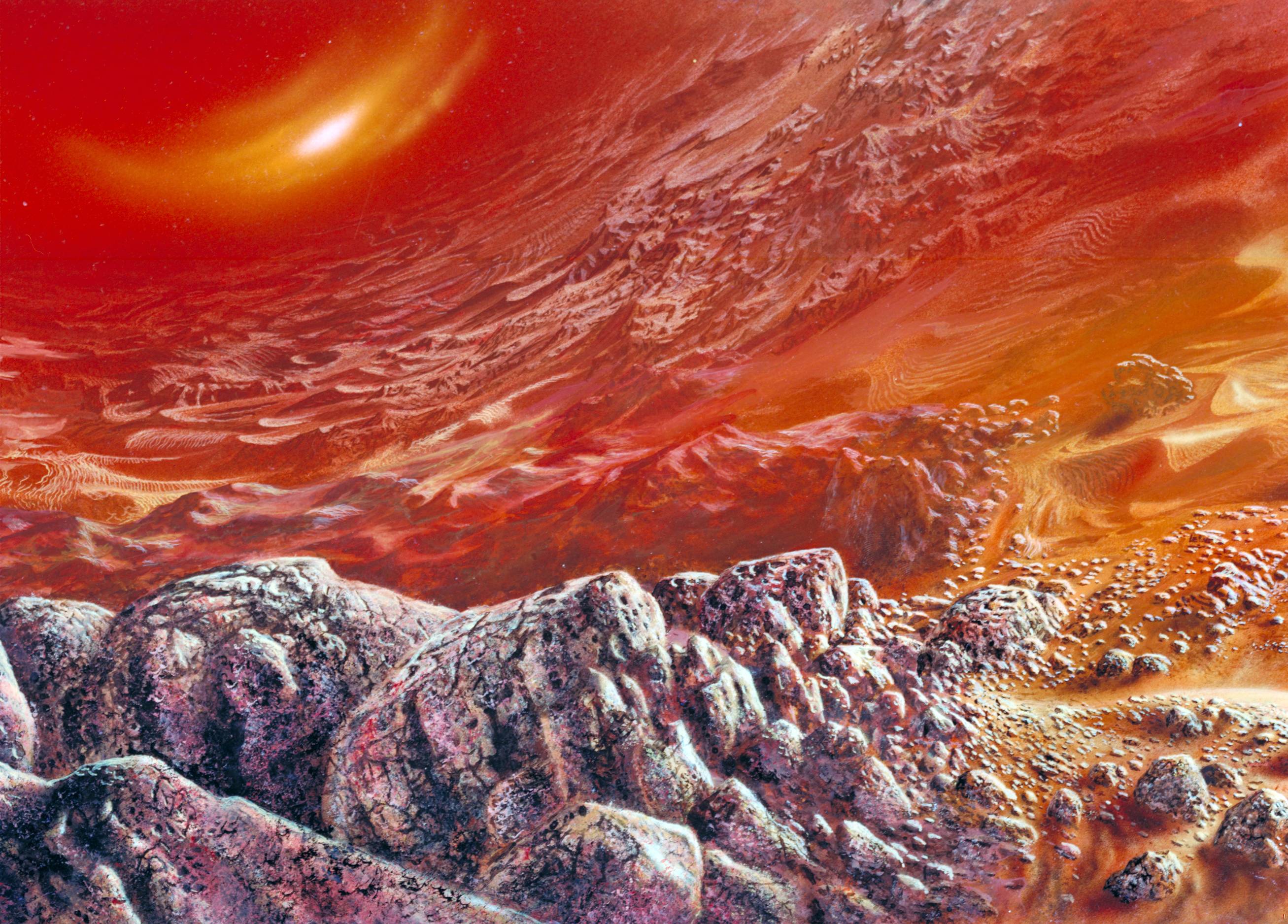High in the toxic atmosphere of the planet Venus, astronomers on Earth have discovered signs of what might be life.
If the discovery is confirmed by additional telescope observations and future space missions, it could turn the gaze of scientists toward one of the brightest objects in the night sky. Venus, named after the Roman goddess of beauty, roasts at temperatures of hundreds of degrees and is cloaked by clouds that contain droplets of corrosive sulfuric acid. Few have focused on the rocky planet as a habitat for something living.
Instead, for decades, scientists have sought signs of life elsewhere, usually peering outward to Mars and more recently at Europa, Enceladus and other icy moons of the giant planets.


















With your current subscription plan you can comment on stories. However, before writing your first comment, please create a display name in the Profile section of your subscriber account page.